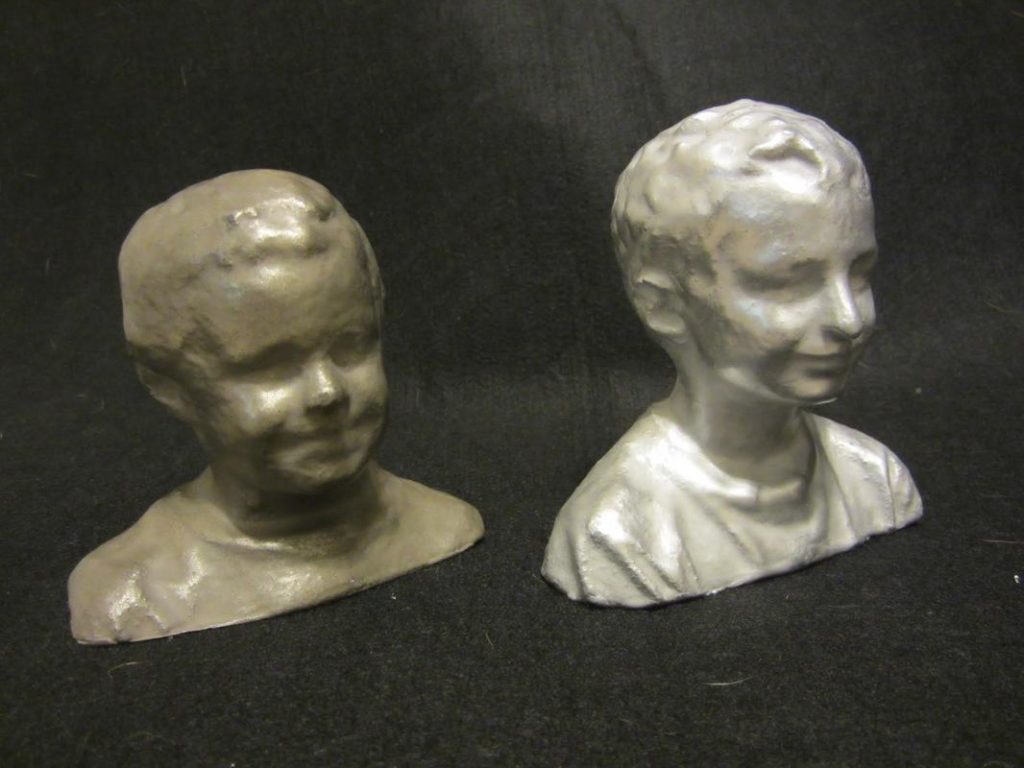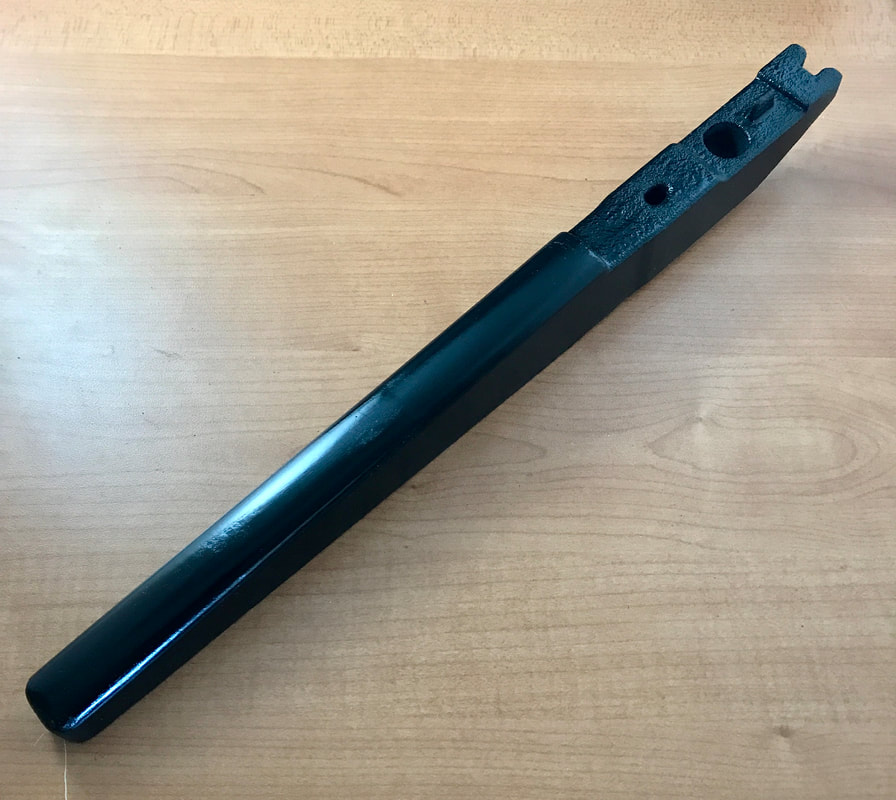Freshmade 3D, a digital manufacturing startup based in Youngstown, Ohio, has released a new powder-based isotropic engineered particulate composite (EPC) material that can be 3D printed into strong solid objects with a smooth finish.
The AmClad material has a tensile strength of 5,070 psi and a compression of 19,500 psi. In an interview at Youngstown’s Camelot bowling lanes, Freshmade 3D’s CEO Rich Wetzel stated that AmClad “is a material that has a lot of applications, different manufacturing and tooling applications, large sculptures and visual aids”.

Showing its toughness
Freshmade 3D’s Brett Conner explained that the material was “Durable, scalable and it’s affordable…one way to show durability is to 3D print a bowling ball.”
Conner added that if the material was durable enough to do be an effective bowling, then it could even be used in “composite layout tools and more simple applications like fixtures, jigs, and various manufacturing aids.”
Emphasising its affordability, Conner said, “we want to make sure that even as we get to larger parts, we remain an affordable we remain an affordable opportunity for manufacturers and architects”, signalling to the wide range of applications for the material.

More than just a bowling ball
One way in which the material can be used in so many ways is through the range of finishes, included metal plated, non-plated metallic texture, and a ready to paint surface.
Freshmade 3D is currently seeking a patent for its material and hopes to make it commercially available thereafter.
3D printing in the Rust Belt
Freshmade 3D is part of the Youngstown Business Incubator, an institution that previously worked with Youngstown State University in 2014 to bring 3D printing to steel foundries. The economically troubled city is also home to America Makes, the US National Additive Manufacturing Institute.

The material’s technical specifications
Flexural – 9,260 psi
Peak glass transition temperature (Tg) – 103°C
Compression – 19,500 psi
Accuracy – +/- 0.01mm
Build speed – 60-85 layers per hour.
Build volume -6ft x 3ft x 2ft
For more on 3D printing materials, subscribe to our free 3D Printing Industry newsletter, follow us on Twitter, and like us on Facebook.
Featured image shows a dragon 3D printed with AMClad, displaying a smooth polished finish.

